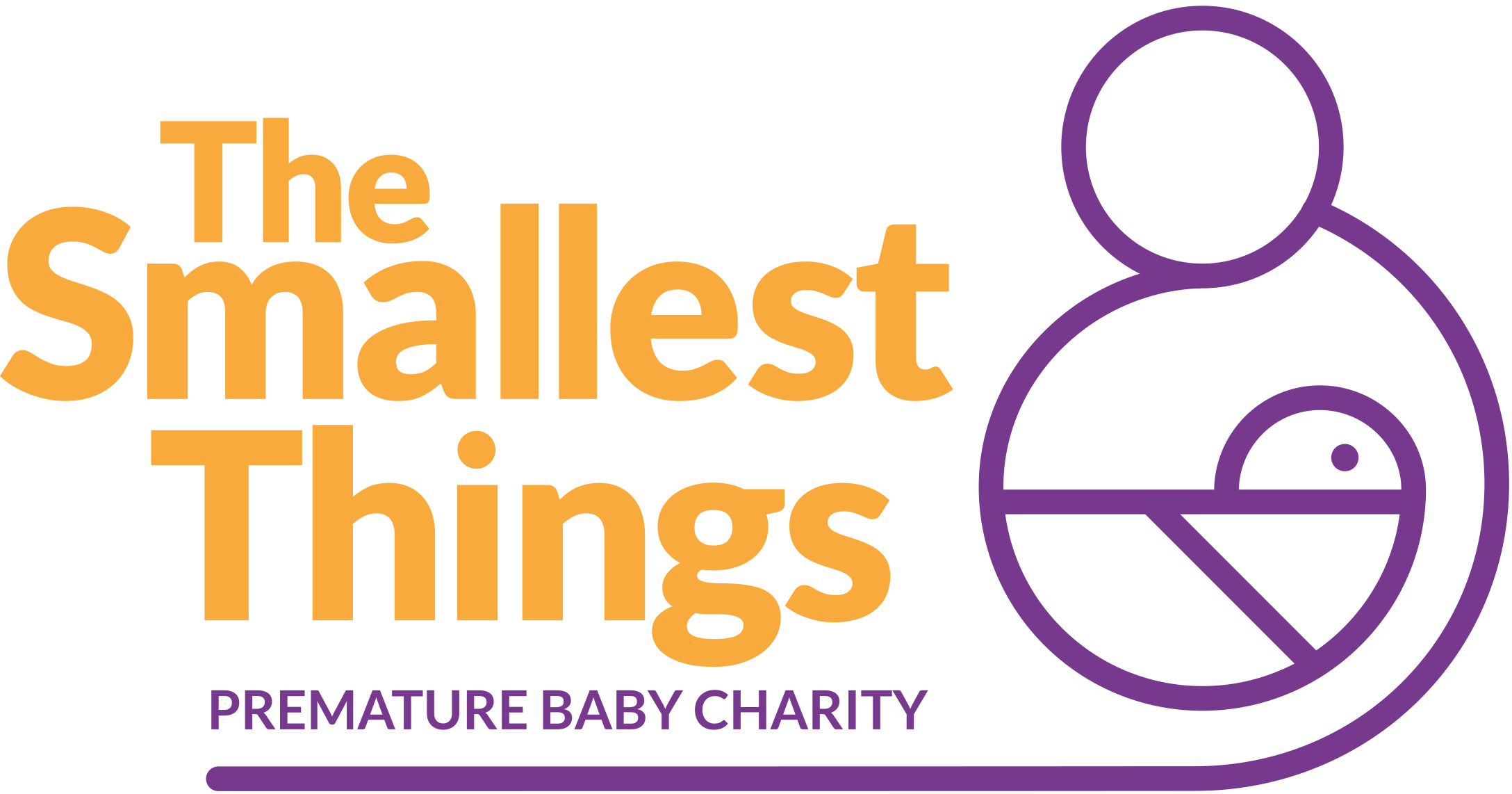10 years of the prematurity rollercoaster
My identical twins Thomas and Luke were born at 26 weeks on 12 September 2010 following an unexpected, premature and rapid labour. They were immediately admitted to NICU where every day became full of bradys (bradycardia), desats, medical procedures and seemingly endless worry. NICU really was a rollercoaster ride with small successes followed by devastating setbacks, our lowest point being when Luke becoming very poorly with NEC resulting in emergency surgery and subsequent sepsis. However, both boys fought back time and time again and, after 16 weeks in hospital were both well enough to come home. I’d like to say that was when ‘normal life’ began but with extremely preterm twins, my experience has been that the prematurity rollercoaster is never ending!
A decade on
Fast forward a decade and Thomas and Luke are now 10 years old. Both boys have amazed us with their strength and resilience and have done amazingly well to get where they are given their traumatic start to life. In terms of their physical health, they’ve escaped a lot of the potentially serious consequences that can result from prematurity and are very healthy boys. However their prematurity has definitely affected them and, as a parent, it’s been a lonely journey trying to find information and support in relation to the ongoing impact of their premature birth on our daily lives.
“My experience following preterm birth has been that – from health visitors through to primary school teachers – there is an absence of knowledge around the ongoing, everyday challenges that can be faced by children born preterm”
The main area that both boys struggle with is anxiety. They find any kind of ‘problem’ or uncertainty difficult to navigate which can lead to them to becoming panicky and distressed. As babies they were always unsettled. Our health visitor had no knowledge of the effects of premature birth on their needs and was very traditional, recommending ‘controlled crying’ and self-soothing as the way of dealing with their ‘demanding’ nature. As toddlers their behaviour was often very challenging with seemingly endless ‘tantrums’. At nursery I was told their behaviour was concerning and an educational psychologist became involved. Unfortunately, when I discussed whether their difficulties may be related to their premature birth, I was told that, at three years old, it was not relevant and the conclusions drawn by the educational psychologist pointed the finger squarely at my parenting as the cause for their ‘disruptive behaviour’. As a result, no support was offered: they were simply labelled ‘naughty children’. This continued into school but as they’ve got older and become able to express their emotions better the ‘disruptive behaviour’ has been replaced by anxiety, worry and upset when faced with uncertainty and ‘problems’.
Extra pressures
Both boys are very bright and have learnt how to behave at school and as a result they don’t get into trouble, are achieving well and school do not see their daily struggles. However, the pressure of school and the pace at which conversations and instructions are delivered are hard for Thomas and Luke to keep up with. They can become overwhelmed quickly and particularly struggle with following complicated questions with multiple parts and with subjects requiring logical step processes and problem solving skills, such as maths. As a result they get very anxious about school and very stressed at the prospect of certain subjects. They tend to show these emotions at home as their anxiety and past experiences mean they worry about getting into trouble at school. Its continues to be a difficult to get teachers to take Thomas’ and Luke’s difficulties seriously and to get any kind of support meaning a lot of upset at home in relation to having to go to school.
My experience following preterm birth has been that from health visitors through to primary school teachers there is an absence of knowledge around the ongoing, everyday challenges that can be faced by children born pre term. This needs to be addressed, particularly within the education profession. Thankfully, through my own research, I have found lots of useful resources which have enabled me to better support my own children but this information along with appropriate support needs to be more easily accessible.
Thanks to Victoria for sharing Thomas’ and Luke’s story.




